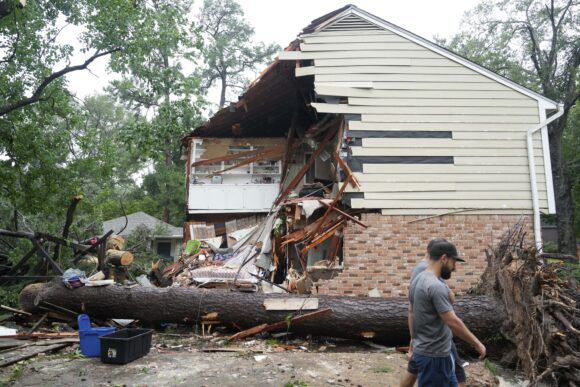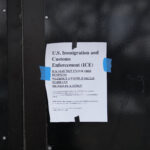Insured losses exceeded $47.2 billion in Texas last year—a 4.2% increase over 2023, according to a new property and casualty market report from the state’s insurance council.
Annual direct losses in Texas have now increased in two consecutive years.
Broken out by line, the state’s private passenger auto line experienced the biggest direct losses at approximately $21.4 billion. Behind that, Texas’ homeowner multi-peril losses increased to roughly $10.5 billion and commercial auto losses grew to about $4.3 billion. Notably, the state’s general liability losses dropped by 16% to about $2.8 billion.
The state’s total direct losses totaled $30.4 billion in 2019, $27.7 billion in 2020, $38 billion in 2021, $36.7 billion in 2022 and $45.4 billion in 2023. Direct losses in Texas have increased 70% since 2020.
Related: Cotality Estimates $1.1B in Damage to Residential Buildings from Floods
According to the report, 1,167 insurer groups and 3,107 insurance companies write coverage in the Lone Star State. The state’s P/C market grew to nearly $83.1 billion in direct written premiums last year. Personal auto led the way with more than $35.2 billion in DWP, an 11.2% increase from 2023.
Meanwhile, total written premium for homeowners multi-peril coverage reached $18.7 billion in 2024, a 20.8% increase from the $15.5 billion in written premium in 2023. Private passenger auto insurers paid $600 million more in direct losses in 2024 than they did in 2023; homeowners multiple-peril insurers paid $700 million more between those same periods.
Loss Factors
In a message to the report’s readers, Albert Betts, the council’s executive director, said that contributing factors for 2024’s direct losses included severe weather, inflation, higher operating and reinsurance costs, legal system abuse and legislative hurdles.
The Insurance Council of Texas reported that Texas experienced 7,103 wildfires in 2023—second only to California in the U.S.—and that Texas again led the nation with 878 hail events in 2024. The state also led the country with 169 tornadoes.
“As catastrophe losses climb, investing in resilience is no longer optional—it’s essential,” the report said. “Strengthening homes and infrastructure through better building standards, homeowner education, and public-private initiatives can significantly reducerisk. Because insurance rates are driven by projected losses, reducing those losses is the most effective path to improving long-term affordability and ensuring continued access to coverage in high-risk areas,” the report said.
Related: What to Know About Massive Dust Storms in the Southwest
The report also shared that Texas continues to face “a growing problem with abusive litigation practices that are inflating insurance costs and threatening the long-term viability of businesses across multiple sectors.”
“Despite widespread support from the insurance industry and business community, key tort reform bills—Senate Bills 30 and 39—failed to pass during the 89th Legislative Session,” the report said. “These bills aimed to curb excessive and unjustified awards in civil lawsuits, particularly those involving non-economic damages and commercial vehicle liability, both of which significantly drive up legal costs and add greater pressure on insurance premiums.”
Unchecked litigation abuse is resulting in carriers seeing a continued rise in the frequency and severity of claims, the report said, “especially in personal auto, driven by inflated medical billing, questionable legal tactics, and efforts to extract ‘nuclear verdicts.'”
View the full report for a list of key P/C bills that did pass during the 89th Texas Legislature, as well as line-by-line breakdowns of direct premiums written and information about other emerging issues.
Photo: People walk past a home where Maria Loredo, 74, died after a tree fell on her second story bedroom during Hurricane Beryl, July 8, 2024, in Houston. (Melissa Phillip/Houston Chronicle via AP)
Topics Texas Profit Loss
Was this article valuable?
Here are more articles you may enjoy.



 Businesses Pressured to Respond to ICE While Becoming a Target
Businesses Pressured to Respond to ICE While Becoming a Target  Longtime Alabama Dentist Charged With Insurance Fraud in 2025 Office Explosion
Longtime Alabama Dentist Charged With Insurance Fraud in 2025 Office Explosion  Kin Moves Into Florida and Texas With Home-Auto Bundle Products
Kin Moves Into Florida and Texas With Home-Auto Bundle Products  Berkely Says It’s No Longer Pressured to Push for Rate ‘Across the Board’
Berkely Says It’s No Longer Pressured to Push for Rate ‘Across the Board’ 

